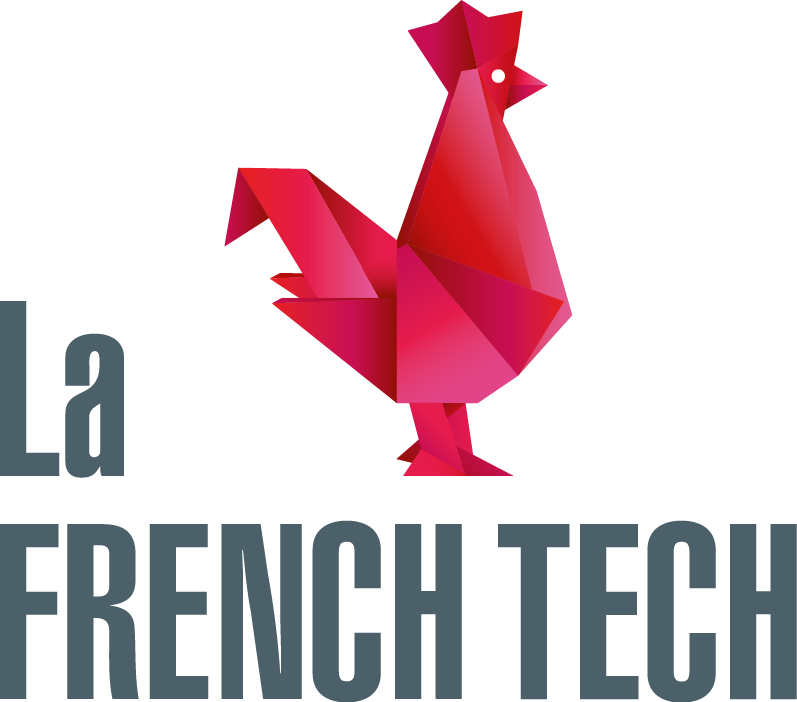Amid the rapid growth in the number of smart beta products recently, some providers are looking to differentiate themselves by offering investors exposure to new factors.
The most common factors targeted by smart beta and risk premia strategies include quality, small size, low volatility, value, momentum, and high yield.
On November 2, ACSI Funds launched an index targeting the customer satisfaction factor. Its American Customer Satisfaction Core Alpha ETF weights constituents by their customer satisfaction scores, and targets cross-sector exposure to large-cap stocks in the US.
The belief is that customer satisfaction fuels stock prices over time, leading to outperformance.
The fund’s holdings include tech giants Apple and Microsoft, and healthcare company Johnson & Johnson.
Other smart beta providers targeting somewhat unconventional factors include Gavekal Capital, whose indices target the ‘knowledge effect’ (the tendency of innovative companies to outperform over the long term).
According to Gavekal’s data, its Knowledge Leaders United States Index delivered total returns of 5.6% over the past year, versus a 3.8% total return of the benchmark S&P 500 index.
Among the other niche factors is corporate and environmental sustainability. A handful of index providers offer tilts to this factor, including the Singapore Exchange, which offers a range of sustainability indices.
Factors are stock characteristics that explain why some assets generate better returns than others. Among the most popular factors this year – which has been characterised by uncertain economic conditions and low rates – are low volatility and high yield.
According to Quantilia’s data, the yield factor has been a top performer year to date. The data provider’s Beta Equity Yield US benchmark appreciated by 11% in the first 10 months of the year.


